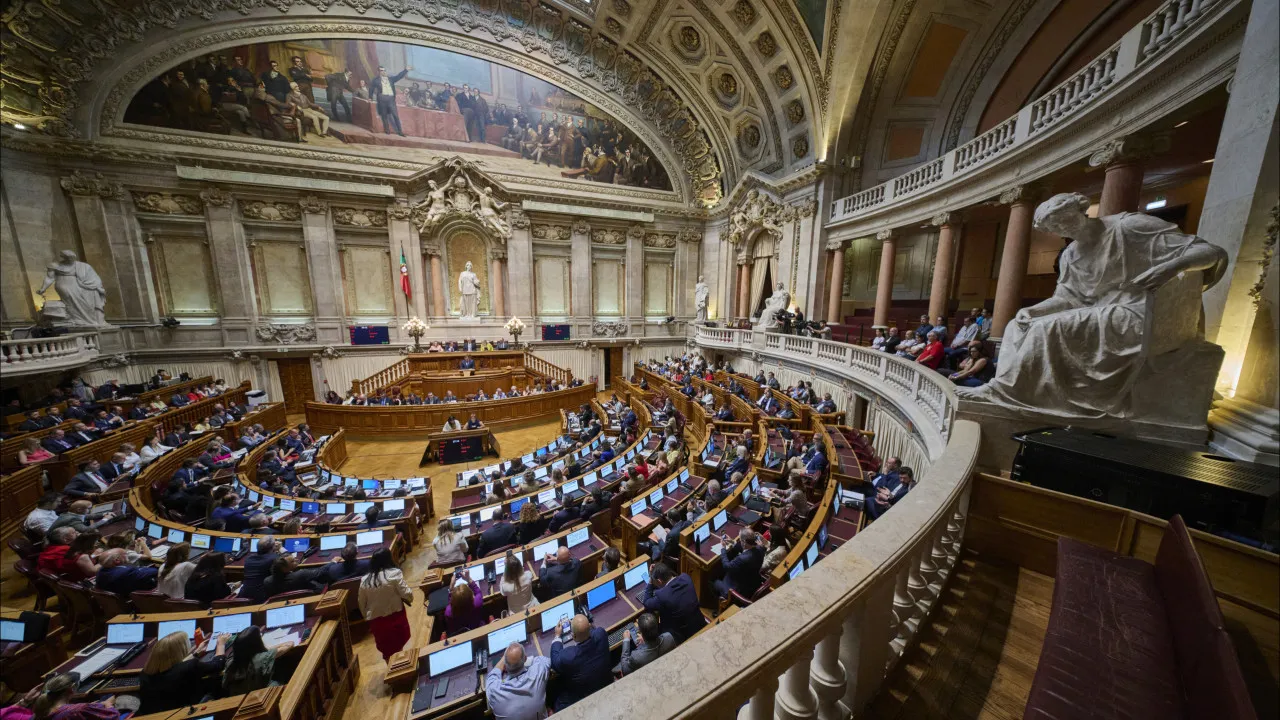
The changes to the legal framework governing the entry, stay, exit, and removal of foreigners from national territory were approved by the Constitutional Affairs Committee on the 11th, despite opposition from left-wing parties citing violations of law due to a lack of mandatory consultations.
The vote included a government-proposed bill and amendments requested by Chega, addressing issues like family reunification and legal residence duration, which were approved by the right-wing parties (PSD, CDS-PP, Chega, and Iniciativa Liberal).
For family reunification, the right-wing imposes a minimum period of two years for applications to be made following the granting of a residence permit, delaying the start of these processes for newly regularized immigrants, a move criticized for hindering integration.
Another update in this legislation is the removal of the possibility to request residence permits within national territory—a process previously accessible to citizens from visa-exempt countries like Brazil or East Timor. Moreover, only highly qualified immigrants will now be granted residence, temporary stay, short duration, or job-seeking visas.
Lawmakers will also vote on the creation of the UNEF, based on a government proposal with some changes requested by Chega.
During the parliamentary committee session, Chega’s attempt to alter the name of the new unit was rejected, leaving its original project to be voted on in the plenary session.
The remaining articles of the proposal were approved in detail by PSD, Chega, IL, and CDS-PP, against the votes of Livre, with PS and PCP abstaining. The vote did not include the single deputies from BE, PAN, and JPP.
Before the plenary vote, the Committee on Constitutional Affairs, Rights, Liberties and Guarantees will review consultation requests for the third legislative package on immigration, which is a government priority.
This regards changes to the Nationality Law, adjusting citizenship access timelines for immigrants, enabling retroactive application of the statute, and allowing for the revocation of Portuguese citizenship from individuals who commit crimes, a measure deemed unconstitutional by the left and various constitutionalists.


![For the PS, the best [presidential candidate] is António José Seguro](https://www.portugalpulse.com/wp-content/uploads/2025/10/for-the-ps-the-best-presidential-candidate-is-antonio-jose-seguro.webp)

